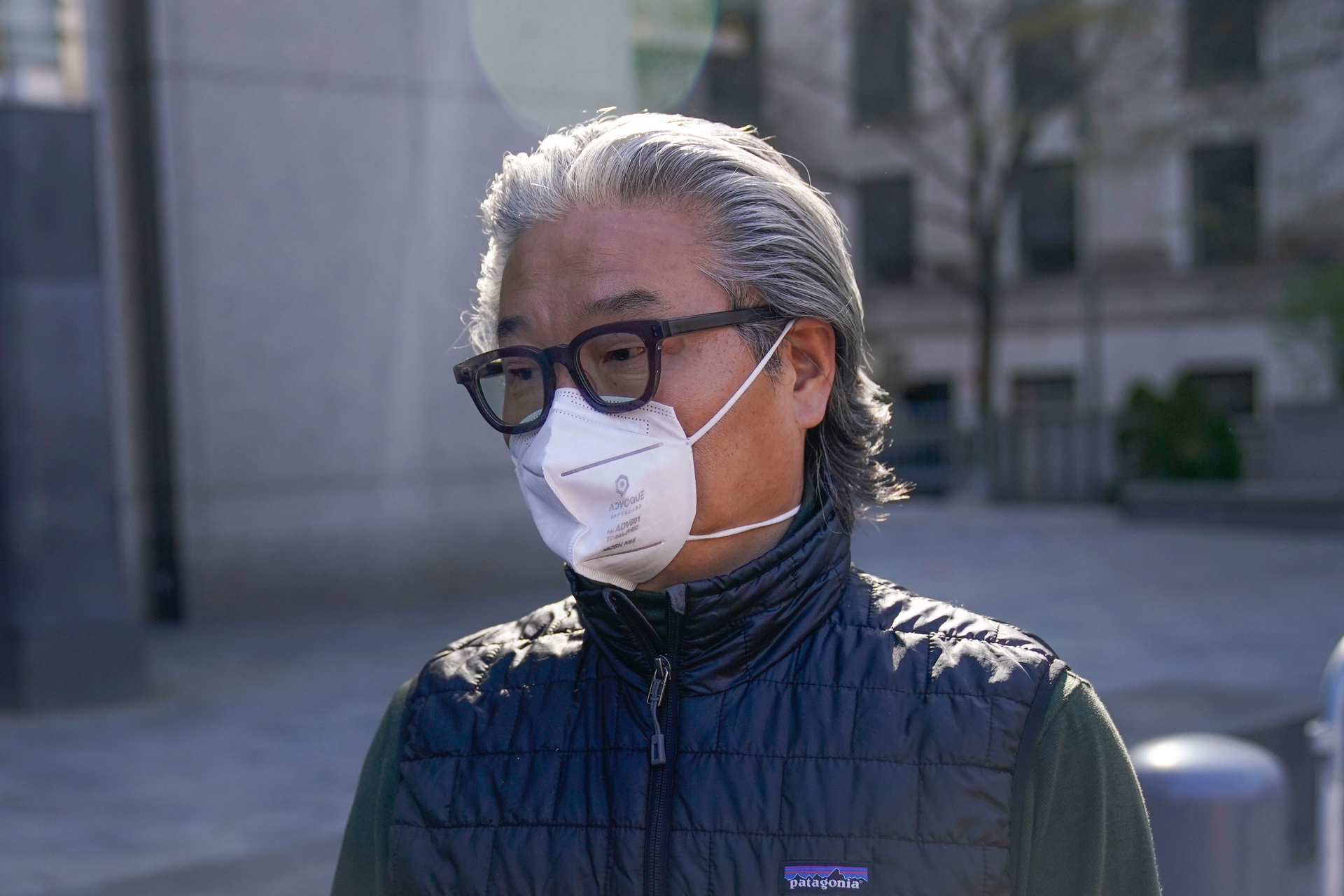When everything came crashing down for Bill Hwang, his $35 billion family office went bust, major media and technology firm stocks slumped, and several big banks found themselves out billions of dollars.
It was all due to Hwang’s hyper-aggressive trading strategy, which involved leveraging swaps to inflate stock prices in an attempt to dominate the market. However, this approach ultimately proved unsustainable, leading to a collapse in March 2021.
Federal prosecutors allege that Hwang engaged in criminal activity by misleading lenders and manipulating prices to enrich himself. However, legal experts believe proving these allegations may be challenging, as the legality of Hwang’s actions is not entirely clear.
The trial, beginning with jury selection in Manhattan’s federal court, will see Hwang facing charges of racketeering, conspiracy, and fraud. Despite these charges, Hwang has pleaded not guilty.
Hwang’s defense team has argued that the prosecution’s case is flawed, pointing out “gaping holes” and an “incomprehensible manipulation theory.” However, federal prosecutors have not commented on these claims.
Hwang’s journey to becoming one of the most influential market players in the U.S. began after being ousted from the money-management business due to a previous insider trading conviction involving his hedge fund, Tiger Asia, in 2012. Undeterred, Hwang established Archegos Capital Management, employing an initial slow and steady trading strategy before transitioning to a more aggressive approach in 2020.
Operating as a family office allowed Hwang to avoid certain regulatory requirements and conceal his vast stock positions. Despite his checkered past, banks were still willing to lend to him, contributing to the rapid growth of his investment empire.
However, Hwang’s downfall came when a decline in stock prices triggered a margin call from his lenders. In an attempt to avert disaster, Hwang directed his traders to buy more stock, but the gambit failed, leading to over $100 billion in share value loss and significant losses for several banks.
While prosecutors acknowledge that Hwang’s trading methods may not have been illegal, they argue that his intent to manipulate markets makes it a crime. They also allege that Hwang deceived banks and used swaps to conceal his actions, further exacerbating the situation.
The trial will shed light on the complex legal and ethical issues surrounding Hwang’s actions and their consequences for the financial markets.















































